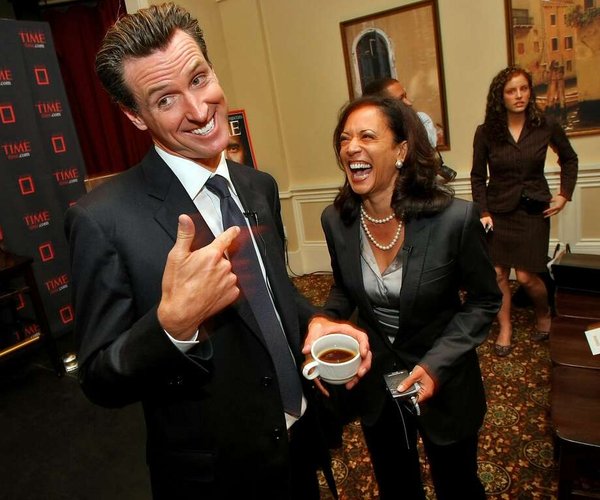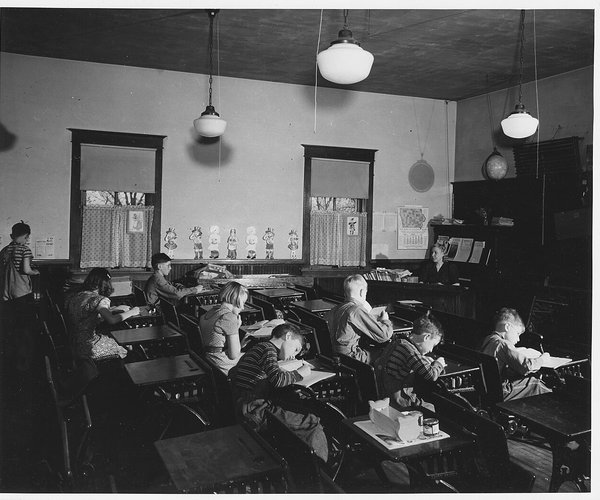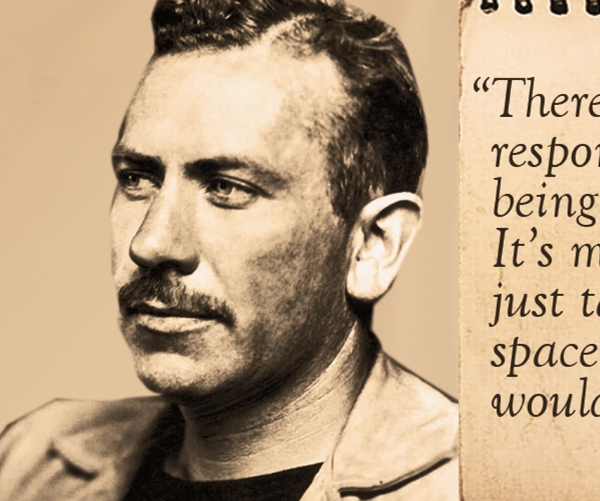The first time a Manteca City Council went for a general sales tax increase, it didn’t go so well.
There was a need.
And it just wasn’t for more revenue to keep municipal services up to par.
There was a leadership vacuum more bottomless than the Internet.
The council bowed to pressure from the development sector not to pursue stronger community facilities districts to have new housing contribute proportionately to the need they were creating.
Instead, they talked about getting rid of segments of the city via privatization.
Some council members wanted the solid waste and wastewater treatment systems run by private contractors or sold.
It got as far as putting the wastewater system out to bid — following an Arizona model — where city employees involved in the municipal operation submit proposals to land the contract (read that keep their jobs) against private proposals.
The private proposals were more expensive.
And it just wasn’t because of the need to make a profit. One of the two outside “bidders” noted there were minuscule cost cutting measures that could happen given the city was running things “too lean and too mean” to implement any larger savings.
At the same time, the council majority that pushed for the tax hike went AWOL, hiding behind staff that didn’t ever dare to offer a voter education forum out of fear of having their proverbial heads cut off.
Meanwhile, those on the council who were self-described fiscal conservatives had a field day.
There is not anything wrong with opposing a tax measure, which they did.
But their “brand” of fiscal conservative was not based on delivering the most efficient and effective public services for the dollar.
Instead, it was based on spending the least amount of money.
They would have found no issue saving money by buying retread tires for police cars and fire engines because the upfront cost was less.
They didn’t do the heavy lifting to determine what was the least expensive course of action over the long-haul.
The council also refrained from picking the low hanging fruit.
Simple things such as making sure green fees covered operational and maintenance costs at the golf course were routinely rejected despite the financial hole that was being dug.
Staff at one time was told point blank by a council member not to ask for a fee increase, no matter how justified it was in an election year because it would make the city look as though they were raising taxes.
The council also failed to enlist the help of municipal employees. It would have been a tough act given how some were viewed as the enemy by elected leaders.
The request for a one cent general sales tax on the November 2004 ballot went down in flames garnering only 18 percent approval.
Two years later, a much more focused effort with the aid of the police and fire employee associations gained two-thirds approval to impose a restricted half cent sales tax for public safety staffing.
Today, Measure M provides enough revenue to pay for 20 of the city’s 80 police officers and 18 of the city’s 45 firefighters.
Without Measure M, 38 of the 125 frontline public safety positions would not currently exist.
Then in 2020, in the midst of the Chicken Little Era when Miranda Lutzow was city manager and the council was going for two Guinness Book records — the most city managers in four years as well as the highest municipal department head turnover — Measure Z was placed on the ballot.
It nearly passed despite the mess at city hall.
That’s because it was obvious to people where Manteca was headed in terms of providing the services levels and amenities they desired.
Now, with the city seeking passage for a third time for a general sales tax increase, Manteca’s municipal leadership has gotten its proverbial house in order.
This time around, the city leadership has done its homework and even extra credit work.
The council has:
Imposed a community facilities district on all growth going forward requiring owners of homes to pay in perpetuality an extra annual assessment for police and fire protection and to pay for the upkeep of streets in their neighborhood as well as parks and street lighting.
Secured a larger split of property tax with the county from property annexed to the city.
Gotten its financial bookkeeping house in order.
Leveraged extra financial concessions from developers wanting to use a low-cost date financing option for infrastructure that needs city blessing to secure. Those concessions include paying for new solid waste collection trucks and even a fire engine to extra funds the council can use as they see fit to benefit the overall community.
And instead of asking for a permanent general sales tax of one cent, they are seeking a 20-year temporary ¾ cent sales tax.
This will allow the city to do two crucial things.
They will be able to leverage collected growth fees to secure bonds to build a greatly needed police station and amenities such as a community swimming pool.
The city has no general fund debt.
Given construction costs are going up double digit on an annual basis — far surpassing growth-related revenue — borrowing using the city’s stellar credit rating is fiscally responsible.
The second thing, the year the 3/4 sales tax expires — if voters approve it — is the same year as the Great Wolf room tax sharing agreement ends.
That means the city would then get 100 percent of the room tax revenue from Great Wolf.
In today’s constant dollars, that translates into $5.1 million.
That leaves an $8 million gap — in constant dollars — compared to the $13 million that ¾ sales tax would add in the initial year.
How will that gap be covered?
By then, the city will have had the ability to fully develop its 100-acre family entertainment zone bookended by Great Wolf and the Big League Dreams sports complex.
The sales tax and property tax jumps would be tied to “destination and entertainment spending” that the family entertainment zone concept represents that goes beyond simply elevated spending to serve more households.
Also, this time around, the current council is in sync.
No one is looking for political cover.
They’ve seen the numbers.
They know the need.
Now the question is what type of a city that voters of Manteca want?
This column is the opinion of editor, Dennis Wyatt, and does not necessarily represent the opinions of The Bulletin or 209 Multimedia. He can be reached at dwyatt@mantecabulletin.com






